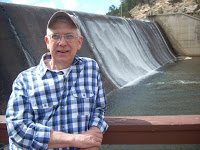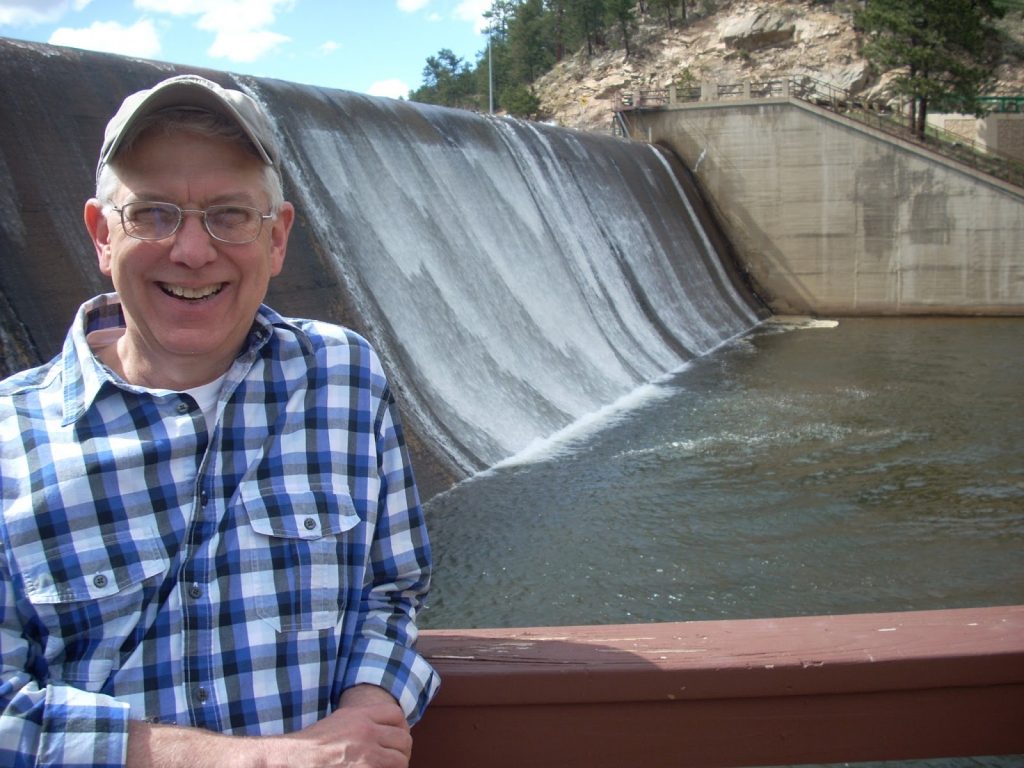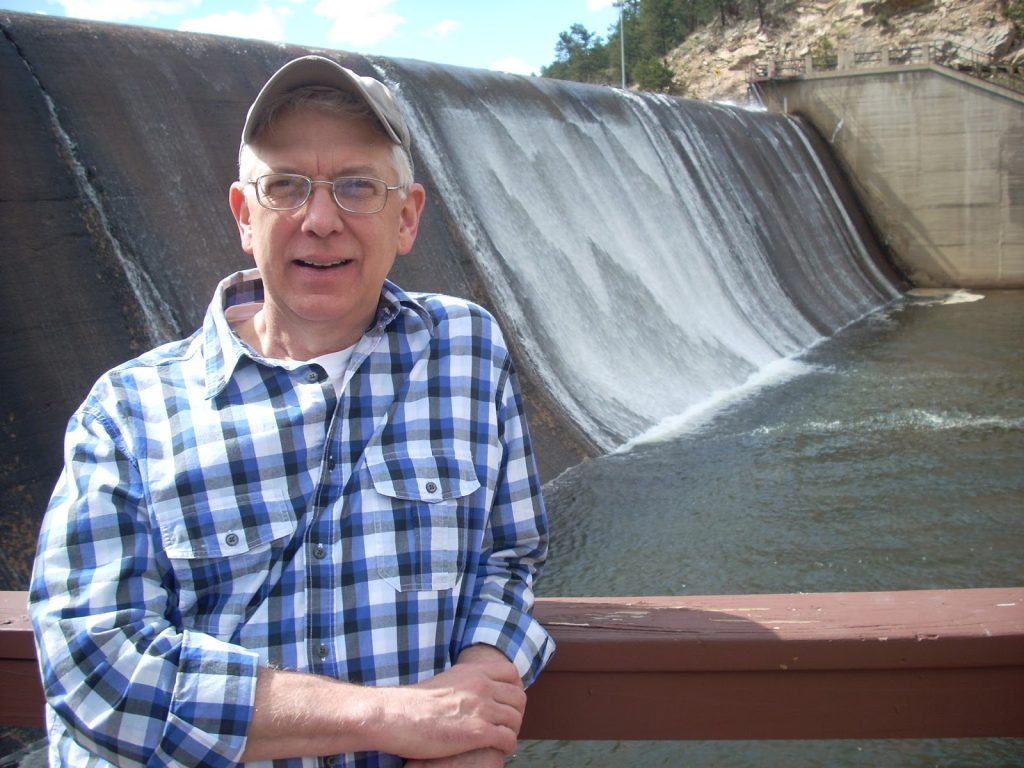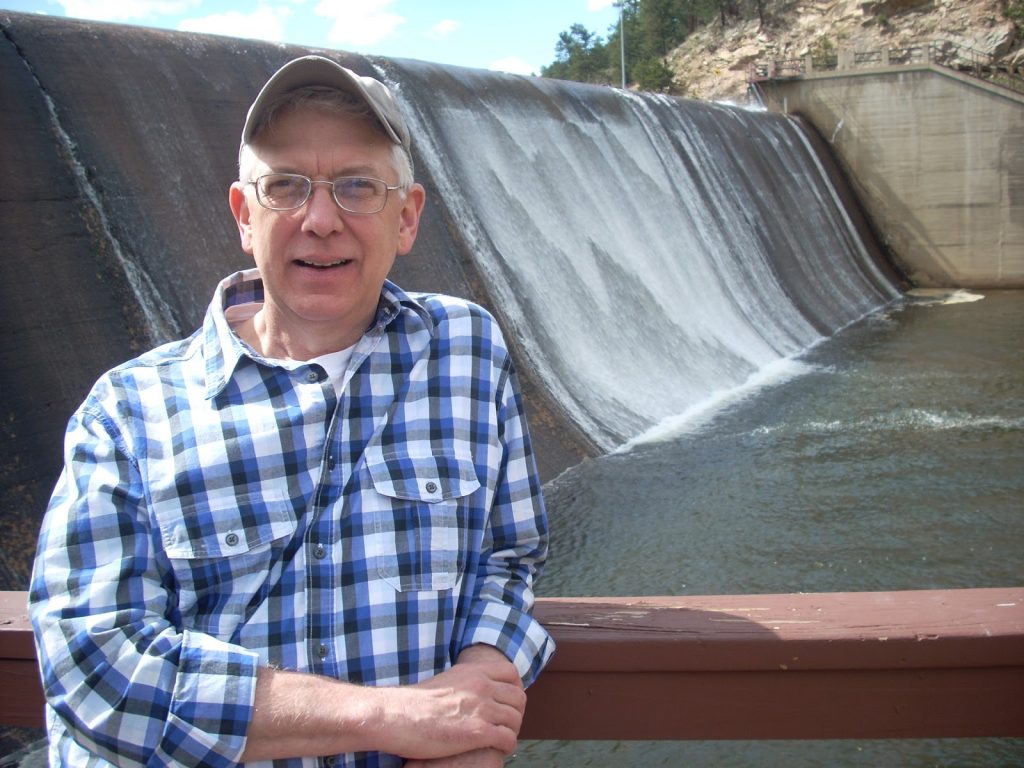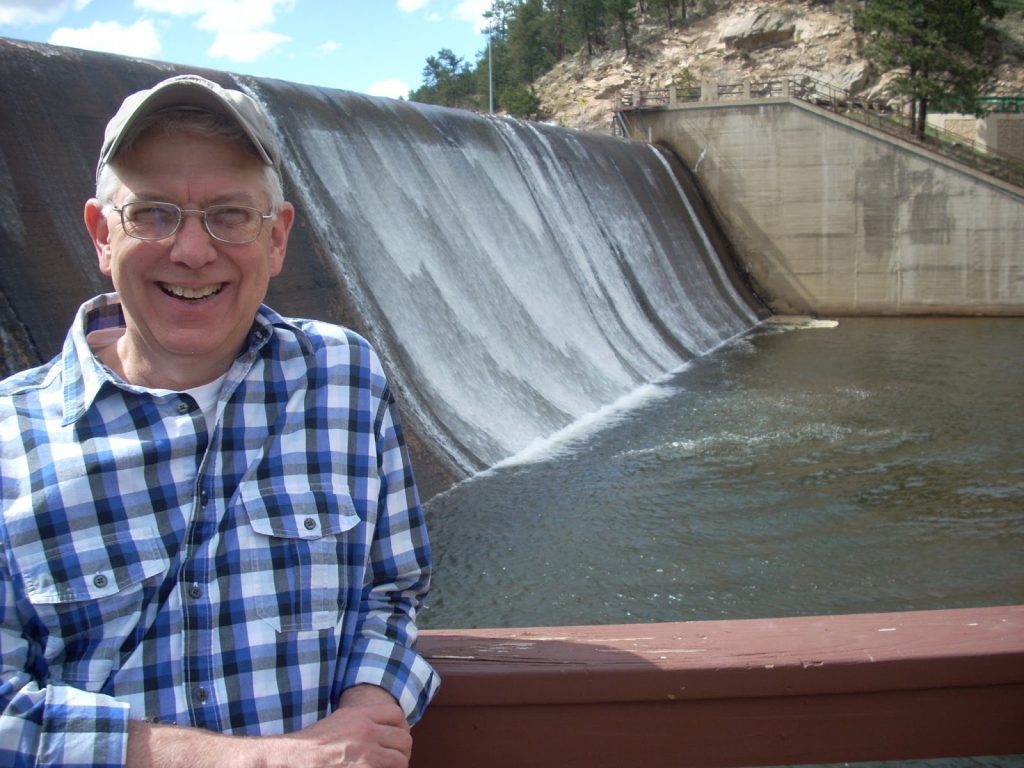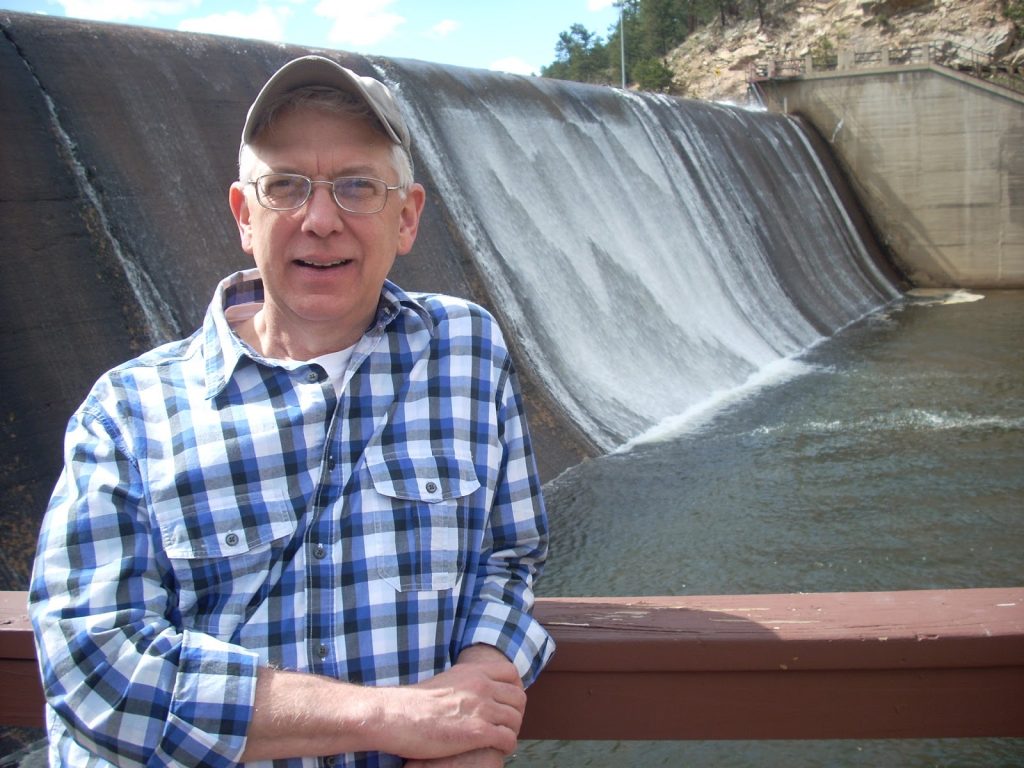Days change from dawn to dusk, from cool to warm, from humid to dry. Still we reckon seven days a week but they too are not the same. For instance, the seventh day is sometimes called Shabbat, for the old Hebrew word meaning he rested, an allusion to the Genesis story of God creating the world in six days and resting on the seventh. The day was marked by a tradition of rest that emphasized contemplation and prayer. On my calendar the seventh day reads Saturday, recalling a Roman God, Saturn, to whom I have little relationship. History reminds me that Roman culture and government had a great determining effect on western culture and thus on Christian development. So, the name changed from Sabbath to Saturday, and the time of its beginning and ending changed from sundown to midnight. Even its purpose changed for most Christians although the mythological symbol of a day of rest persisted. For the majority, Sunday gathered the resting and worshipping to itself to create a Sunday Sabbath. Saturday stayed the same work day it had been under Roman law.
In my own life, Saturday’s meaning has shifted. Originally my Saturdays were structured around the needs of my mother: a time to have help with the kids so she could shop and keep her weekly hair appointment. A grandmother would sometimes watch us, but as we children aged, Mom would take us to the library just upstairs from the hair salon. We’d check out our books and then join her towards the end of her appointment. But that one fall Saturday was singular in that I had decided I was tired of trying to keep up with the older kids on my tricycle. My sisters and some neighbors were riding a small boy’s bicycle. “I want to ride it,” I screamed in my high-pitched six-year-old voice as they flew by. They were happy to play teacher. So with their help I got on the big thing, achieved my balance, and took off in a hurry thrilled by the air rushing over my skin and through my hair. But they had forgotten to tell me how to slow down and the corner of the block was fast approaching. I kept my balance as I bumped down the curb into the street and accomplished a turn to avoid the curb across the street, but I was unable to avoid the curb waiting catty-corner across the intersection. I crashed landing on the bar, smashing my genitals. There was a little blood. I must have screamed in pain. Mom came running and took me into the house. She bathed me, explained about circumcision (the only sex-related information she ever proffered, probably to help me understand why I my penis looked so different than dad’s), and told me I was to go with her downtown. She must have wanted me close by in case I really had hurt myself or had decided I needed some extra attention. As we walked the several blocks to the salon, she taught me how to escort a woman in public along with a few other fine points of good manners. Perhaps these items were meant to further my sex education. Turns out I was just fine. Eventually I did learn how to brake and how to avoid accidents. I also continue to this day to heed my mother’s advice about escorting women to the delight of several friends who still find me mannerly.
Eventually Saturdays moved me into my father’s world. At age 12, after I’d failed to make the team in seventh grade basketball, I began to work on Saturdays at the family IGA store sacking groceries and carrying them to customer’s cars. I now worked in a mostly man’s world with its structure of having a goal, earning income related to hours and usefulness, and working around people who didn’t live on our block. I did more than sack and carry. At slow times I helped dust cans, face shelves, assist in the produce market, and help restock the freezer. I’d take returned soda bottles to the back room and sometimes take a short break sitting there drinking a Coke.
Saturday was the busiest day of the week at the grocery store with ten, twelve, three, and five o’clock rushes when the aisles got as crowded as Main Street. We worked hard; at least it seemed that way to me, a skinny boy and not very strong. All day I ran out into the winter cold carrying bags to the yellow Desoto, the green Chevy pickup, or the purple Cadillac and then ran back into the warm building to prepare the next bunch of groceries. I got stronger and more efficient. Customers liked me.
The family arrangement was informal. We kids paid ourselves out of the cash register on Saturday evening leaving a paper slip with the information of hours and payment. That winter Saturday after I had worked a year and a half earning forty cents an hour, I asked my oldest sister, “How can I get a raise?” She said, “Just start paying yourself more.” So I gave myself a ten cent raise, noting the new amount times my hours on the slip of paper. No one ever said a word to me about the change. A year later, when I began working for my uncle at the family’s other store, I got another raise of fifty cents bringing my remuneration to a dollar an hour. Perhaps by then my work was worth the pay.
Saturday changed most when Myrna and I became engaged to be married. We would travel each Saturday to Glen Elder, KS where she played house and I played church. She’d cook a meal. I’d go to the church office to check on the mail, read the worship bulletin, or make some other arrangement for the Sunday service. Sometimes we’d visit the Spooners at their dairy farm, the elderly Foresters in their gracious home, or someone else with a special need. Then in the evening we’d make out on the couch in the front room of the parsonage as we step by step increased our physical intimacy in preparation for the full disclosure we anticipated on our wedding night. Later I’d drive her over to Ella Neifert’s house where my fiancé slept. One spring Saturday evening when the western Kansas wind blew with extra force, we huddled together on the couch to soothe each other’s chill. We warmed up, further than ever before. Realizing we’d soon be parted for several months while she made preparations for our wedding in western Colorado, I thought we needed to touch each other more intimately than before. So we educated one other about some of the finer details of our bodies. We didn’t go all the way, but we did share ourselves in new ways. The cold-sounding wind howled around the old house as we warmed ourselves with our explorations. We loved our intimacy. We both realized we had to end this session, so we bundled up to drive over to the widow’s house. When we left the parsonage, we were both surprised how warm the wind had turned, or we were just so heated up as to believe it was almost summertime! Thus a spring Saturday helped prepare us for a wonderful marriage.
It was a particular summer Saturday a few years ago, several years after I had left my marriage and ministry and had moved to a big city to live as a gay man. It was a late June Saturday that I experienced with complex delight. My son Michael and his family had come to visit. Our schedule that weekend included the Saturday Buskerfest with its unusual street performances and the Sunday Gay Pridefest with its parade and concerts. On Friday evening I discovered a phone message from Rafael, the man I’d hoped to hear from for two months. I had sometimes walked the neighborhood wanting to run into him but kept missing him. I’d already concluded he’d moved back to El Paso when I finally got this contact. In response I left on his voice mail an invitation for him to join us for spaghetti the next evening. He should call me when he got off work. Now it was Saturday evening. The spaghetti tasted good, at least my family said so before Heather and her three younger kids fell asleep exhausted by the day’s activities and their light sunburns. Rafael called and with several more calls found his way the one block to my apartment. I brought plates of spaghetti with meat sauce to the patio table. We were eating when I noticed his gold wedding band had been turned around to reveal a rainbow flag. I pointed at it saying, “Look at that.” Rafael’s warm and amused smile increased my anticipation of what the evening might mean. My son and eldest grandson came downstairs to meet Rafael. We talked. Our guest asked for wine. I told him I didn’t have any but suggested he and I go to a nearby restaurant for wine and dessert. As we were leaving the restaurant, Rafael said, “Let’s go dancing.” We started walking towards a nearby club.
“Do you have your ID?” I asked.
“I don’t need one.”
“Yes, you do,” I insisted.
He led me to his apartment to retrieve his ID, but we didn’t leave the place, ending that Saturday with a passion I won’t try to describe except to suggest it seemed emotionally perfect as we two came together with open arms and hearts, and with humor, concern, and love.
Rafael died several delightful and sad months later. I live on, wondering what new Saturdays I will experience as my life continues to change and mature. I’ve had Mom’s, Dad’s, a wife’s, and a lover’s Saturdays. What next?
Denver, 2010
About the Author
Phillip Hoyle lives in Denver and spends his time writing, painting, and socializing. In general he keeps busy with groups of writers and artists. Following thirty-two years in church work and fifteen in a therapeutic massage practice, he now focuses on creating beauty. He volunteers at The Center leading the SAGE program “Telling Your Story.”
He also blogs at artandmorebyphilhoyle.blogspot

